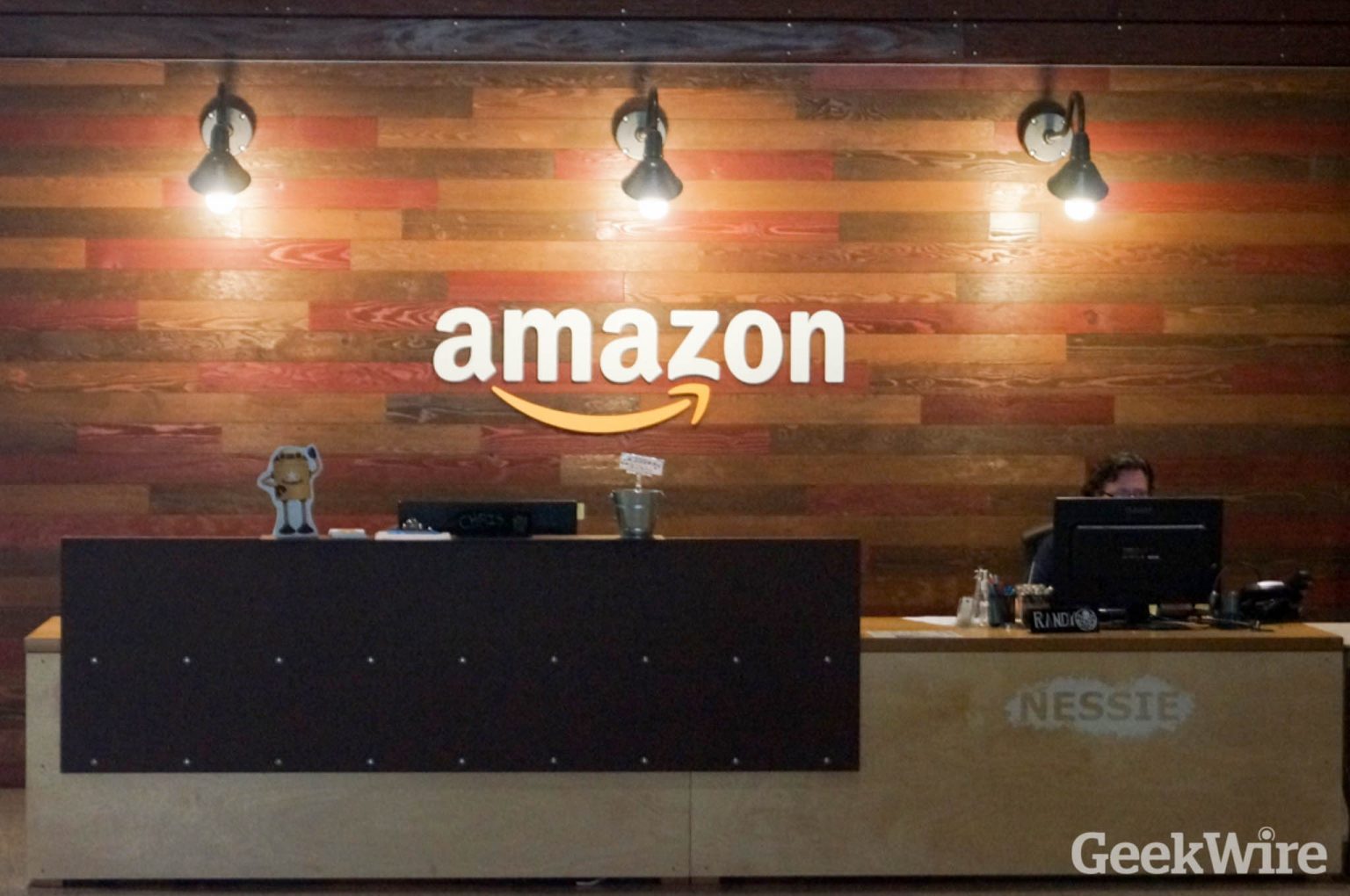Amazon CEO Andy Jassy has notified corporate workers that they are expected to return to the office five days per week starting in January, unless there are “extenuating circumstances.” Jassy emphasized the benefits of in-person work such as learning, collaboration, and connection with colleagues. However, this decision has sparked debate over the impact on employee productivity in a post-pandemic world where remote work has become more common. Amazon’s move aligns with a small number of companies that are requiring employees to be in the office full-time.
Despite the trend toward flexible work policies, only 3% of tech companies have a full-time in-office requirement, with the majority offering some level of remote work option. Some companies believe that in-office mandates help improve collaboration and strengthen organizational culture. However, recent studies have shown that hybrid work schedules, with two days per week working from home, are not detrimental to performance. Amazon, along with other employers, may be experiencing negative organizational impacts from remote and hybrid work arrangements, raising concerns about the long-term effects on productivity and retention.
Amazon’s decision to return to the office has led to speculation that it may be an attempt to reduce its workforce. The company has previously laid off thousands of employees, including a significant number of corporate and tech jobs, which may have impacted employee morale and increased turnover rates. There are concerns about the impact of the new policy on recruiting and diversity, as some potential candidates may be discouraged by the five-day office requirement. Building an in-person culture where all employees can thrive is essential to the success of such a mandate.
The shift back to full-time in-office work may have repercussions for employee engagement and morale, as many workers have embraced the flexibility and convenience of remote work. Companies like Typeform, which have adopted a remote-first approach, view Amazon’s return-to-office policy as corporate-centric rather than employee-centric. Hybrid work policies have emerged as a compromise between fully remote and fully in-office work, allowing employees to have more flexibility while still maintaining some level of face-to-face interaction. It remains to be seen whether other companies will follow Amazon’s lead in mandating full-time office work.
Amazon’s previous three-day mandate last year faced backlash from employees, leading to protests at its Seattle headquarters. The company’s decision to reduce the number of managers and increase individual contributors within teams may further impact its organizational structure and culture. It is important for companies like Amazon to carefully consider the implications of requiring full-time in-office work and ensure that they are creating an environment where all employees can thrive, regardless of their preferred work setting.


